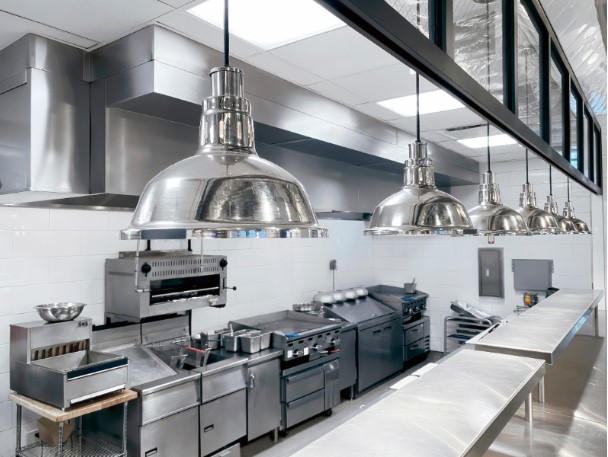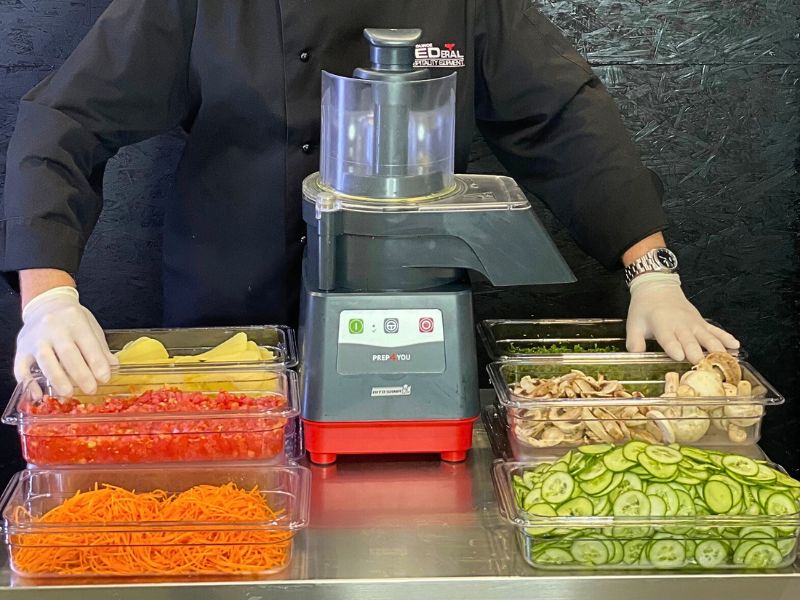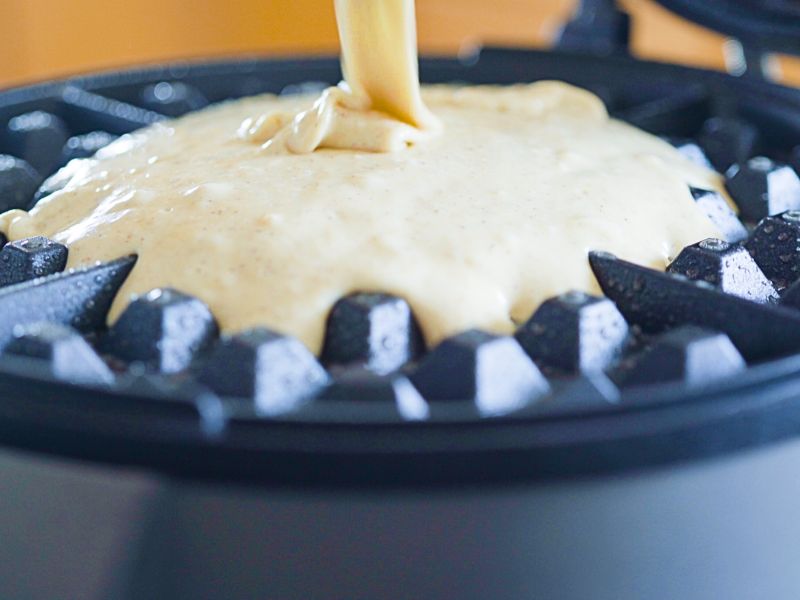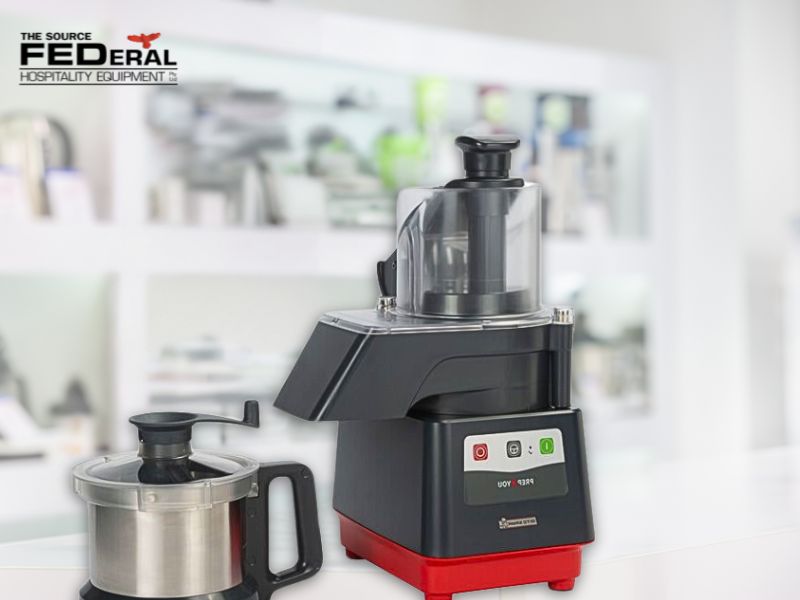
Beer can be defined as a low-alcohol beverage produced from the fermentation of sugars and starch from malted grain and water. This is a bare-bones definition of one of mankind's oldest processed foods.
Commercial brewing is at least 5,000 years old, dating back to the earliest days of Egypt and Sumeria. The Code of Hammurabi in Babylon, in addition to prescribing an eye for an eye as a punishment for wrong-doing, also set down strict quality standards for beer sold in taverns and food shops.
The techniques of brewing have been refined over the millennia, but the basic process has changed relatively little. Sprouted and dried grain ("malted" grain) is ground and mixed with hot water to extract the sugars and flavor elements from the grain "mash." This liquid extract, called "wort," is then boiled ("brewed") with the addition of such flavoring agents (such as hops) as the brewer may choose to add. The wort is then frozen, yeast is added, and it is allowed to ferment.
Yeast is a one-celled microorganism that feeds on sugar and converts it to alcohol and carbon dioxide. When the fermentation is complete, the resulting product is beer. The beer is then aged for a period varying from one week to three months.
What Goes Into Beer?
The four basic ingredients of beer are the following;
1. Malt - Grain that has been allowed to start sprouting, which converts the starch in the kernel into fermentable sugars. The grain is then quickly dried to stop root growth. Roasting the dried malt like coffee roasting creates various colored beers. Barley, & to a lesser extent wheat malt, are the simply two malted grain types used in new beer.
2. Water - The purity and trace minerals in brewing water influence the final taste of the beer.
3. Hops - Dried pine cone flowers from the hop vine. Bitter oils in the hop blossom contribute the "bite" in the taste of beer and balance against the sweetness of the malt sugars.
4. Yeast - A single-celled plant that feeds on the malt sugars during fermentation and converts them to alcohol and carbon dioxide.
In some European countries, such as Germany and Norway, brewers are mandated by law to use only these ingredients. The Bavarian Pure Beer Code of 1516, for example, is the oldest pure food law in the world that is still in force.
In most countries, including the United States, corners are frequently cut to speed up production and reduce costs. Cheaper unmalted grains, such as corn & rice, and straight sugars such as dextrose & sucrose ("adjuncts") are substituted for a percentage of the malted barley. Hop blossoms are replaced with treated hop extracts. An assortment of additives & preservatives is utilized to give the resulting beer a prolonged shelf life or other desired characteristics.
Brewers in microbrewers, including brewpubs, generally reject these shortcuts and compromises. Most microbreweries in the United States and Canada brew only "all-malt" beers that are free of additives. The price differential between an all-malt beer & an "adjunct" beer is minor and is not a significant consideration at the brewpub production level. Our brewpub will follow the strict quality standards of the Bavarian Beer Purity Code.
Nutritionists classify beer as a food. The ingredients that go into beer are necessary. A well-made, good quality beer contains carbohydrates, minerals, and vitamins, particularly from the B Complex group. A brewing manual from the 1600s once described the beer as "liquid bread." Real beer is indeed that.
When it comes to enjoying a refreshing beer, having a well-stocked bar is essential, and bar fridges Australia offers play a crucial role in ensuring your beverages are kept chilled and ready to serve.
If you looking for beer dispensing equipment for your hospitality business, please Call Us: 13000 659 409 (Federal Hospitality Equipment) one of our friendly consultants will be assisting you.







